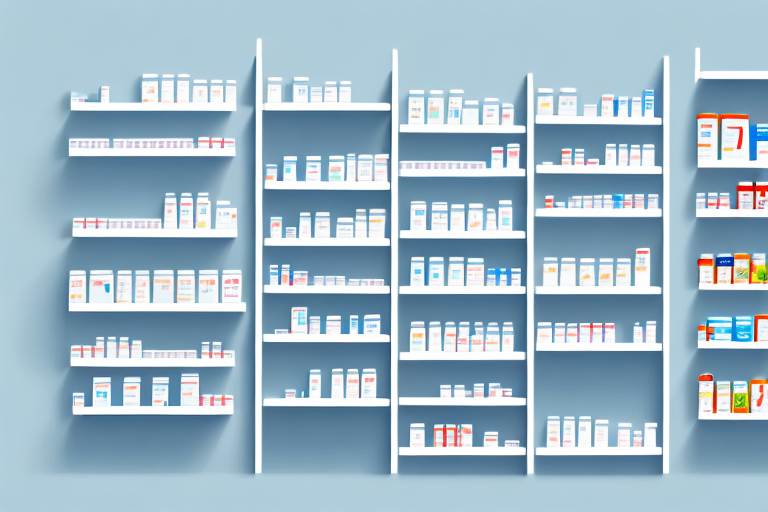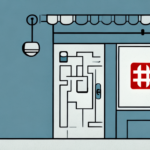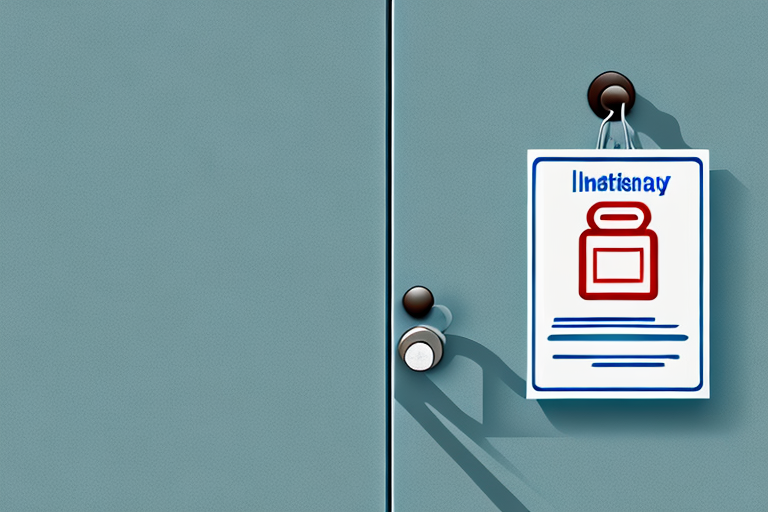Understanding Closed Door Pharmacies
In the healthcare landscape, patient privacy and effective medication management are paramount. Closed door pharmacies have emerged as a specialized solution, catering exclusively to specific patient groups within healthcare facilities or those requiring specialty medications. These pharmacies prioritize personalized care, efficient medication management, and enhanced privacy, making them a vital component of modern healthcare systems.
Differences Between Open and Closed Door Pharmacies
Accessibility and Services
Open door pharmacies, typically found in retail settings like grocery stores, are accessible to the general public and offer a wide range of services, including over-the-counter medications, prescription medications, and immunizations. In contrast, closed door pharmacies restrict their services to a specific patient population, allowing for a more focused approach to medication management and specialized services such as compounding or long-term care medications.
Regulatory Compliance
Closed door pharmacies often operate under stricter regulatory guidelines compared to their open counterparts. They must adhere to stringent security measures to ensure that only authorized personnel can access medications and patient information. This heightened level of regulation helps prevent issues like medication theft and diversion, ensuring patient safety and compliance with healthcare standards.
Importance of Patient Privacy in Healthcare
Role of Closed Door Pharmacies
Patient privacy is a cornerstone of quality healthcare. Closed door pharmacies play a crucial role in safeguarding patient information by limiting access to sensitive medical data and medications to authorized personnel only. This controlled environment ensures that patient interactions and medication details remain confidential, fostering trust between patients and healthcare providers.
Additional Privacy Measures
Beyond the pharmacy setting, healthcare providers must implement comprehensive privacy measures. This includes secure storage of electronic medical records, ensuring that patient information is not disclosed to unauthorized individuals, and adopting robust cybersecurity protocols to protect against data breaches. Upholding patient privacy not only meets legal and ethical obligations but also enhances the overall patient experience.
Medication Management and Safety
Personalized Medication Plans
Closed door pharmacies excel in creating individualized medication management plans tailored to each patient's unique needs. This personalized approach includes customized medication packaging, specialized counseling, and precise scheduling, which collectively contribute to improved patient outcomes and adherence to treatment regimens.
Reducing Medication Errors
Medication errors can have serious repercussions for patient health. Closed door pharmacies mitigate these risks through the use of advanced technologies such as barcoding and electronic prescribing systems. These tools enhance accuracy in medication dispensing, reduce the likelihood of errors, and promote safer patient care.
Preventing Medication Diversion
Medication diversion—where medications are misused or stolen for non-medical purposes—is a significant concern in healthcare. Closed door pharmacies implement rigorous protocols, including regular inventory audits and strict dispensing controls, to prevent diversion. These measures ensure that medications remain available for legitimate patient use and uphold the integrity of the pharmacy.
Advantages for Patients and Healthcare Facilities
Access to Specialty Medications
Patients with complex or rare medical conditions often require specialty medications that are not readily available in standard pharmacies. Closed door pharmacies provide access to these essential medications, ensuring that patients receive the specific treatments they need for effective disease management.
Cost Savings
Both patients and healthcare facilities can benefit from cost savings associated with closed door pharmacies. By reducing medication errors and preventing hospital readmissions, these pharmacies help lower overall healthcare costs. Additionally, the efficiency of personalized medication management can lead to more effective use of resources within healthcare institutions.
Increased Efficiency and Productivity
Closed door pharmacies enhance efficiency by focusing exclusively on their designated patient group. This specialization allows for streamlined operations, better resource allocation, and improved communication among healthcare providers. As a result, patients receive timely and coordinated care, while healthcare facilities experience increased productivity.
The Role of Technology in Closed Door Pharmacies
Advanced Technologies Used
Technology is integral to the functioning of closed door pharmacies. Automated dispensing systems, electronic health records, and telemedicine platforms enable precise medication management, real-time communication with healthcare providers, and seamless integration of patient data. These technologies facilitate efficient operations and enhance the quality of patient care.
Impact on Patient Care and Inventory Management
Technological advancements improve both patient care and inventory management within closed door pharmacies. Automated systems ensure accurate medication dispensing, monitor inventory levels to prevent shortages, and track medication usage patterns. This proactive approach minimizes errors, ensures the availability of necessary medications, and supports optimal patient outcomes.
Choosing the Right Closed Door Pharmacy
Factors to Consider
Selecting an appropriate closed door pharmacy involves evaluating several key factors, including the pharmacy's experience, reputation, and the range of specialized services offered. Healthcare facilities should assess whether the pharmacy can meet the specific needs of their patient population and integrate seamlessly with existing healthcare workflows.
Regulatory Compliance
Ensuring that a closed door pharmacy complies with all relevant regulations and guidelines is essential. This includes adherence to standards set by authorities like the Food and Drug Administration (FDA) and the Drug Enforcement Administration (DEA). Compliance guarantees that the pharmacy operates legally and maintains high standards of patient safety and care.
Best Practices for Collaboration
Effective collaboration between healthcare providers and closed door pharmacy personnel is crucial for delivering high-quality patient care. Establishing open lines of communication, utilizing shared technological platforms, and maintaining clear protocols for medication management are best practices that enhance the partnership between facilities and pharmacies.
In Conclusion
Closed door pharmacies offer substantial benefits for both patients and healthcare facilities by prioritizing patient privacy, providing specialized medication management, and leveraging advanced technologies to enhance care efficiency. These pharmacies play an indispensable role in modern healthcare, ensuring that patients receive the necessary treatments in a secure and personalized manner. When selecting a closed door pharmacy, healthcare providers should consider factors such as experience, regulatory compliance, and the ability to meet specific patient needs to ensure the best possible outcomes.






















